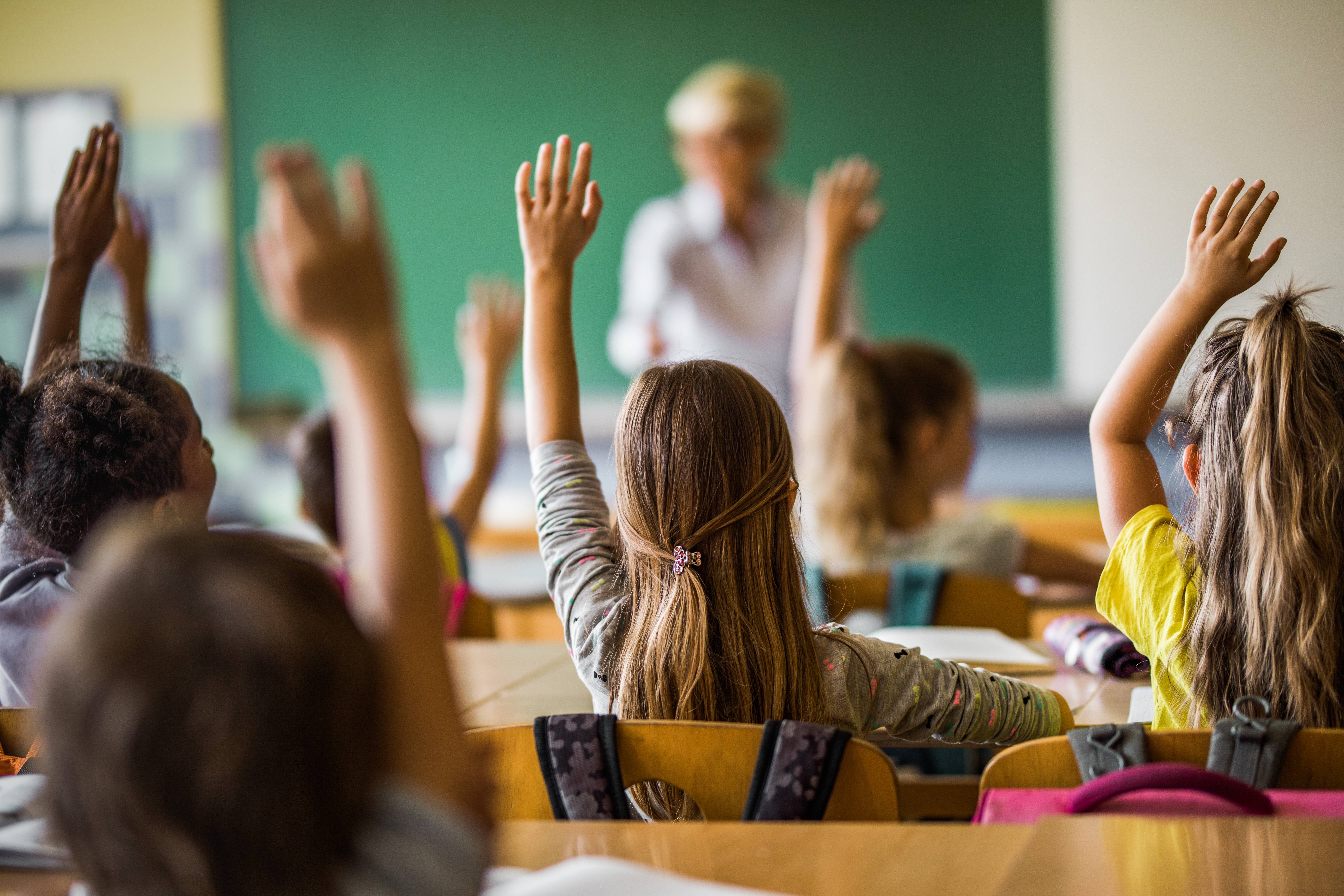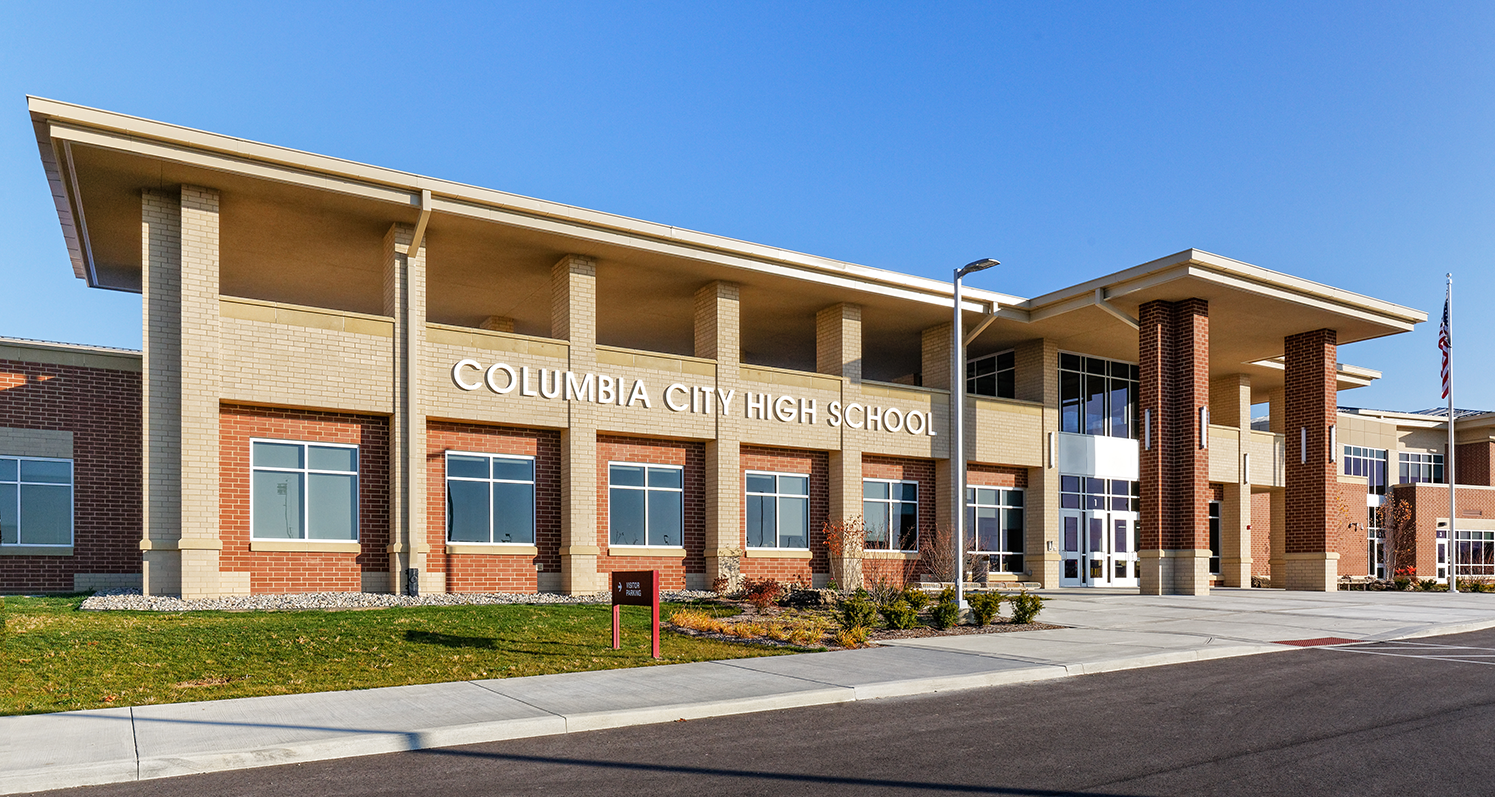Discover the Perks of Campaigning For: Save Temecula Schools
Discover the Perks of Campaigning For: Save Temecula Schools
Blog Article
Recognizing the Importance of Schools in Kid Development and Neighborhood Development
Schools serve as crucial organizations for child growth and neighborhood development, offering settings where academic accomplishments are complemented by the growing of social skills and direct exposure to varied viewpoints. These educational setups not only advertise vital thinking and reliable communication but also foster empathy through collaborative projects. Schools' involvement with regional neighborhoods with service-learning efforts enhances the bond between households and academic organizations. This cooperative relationship underscores the relevance of institutions in supporting energetic citizenship and lifelong discovering behaviors. Nonetheless, what are the certain devices whereby these establishments attain such extensive impacts?
Academic Accomplishment
Academic achievement serves as a keystone of child development, supplying the structure upon which future learning and success are built. Institutions play a critical role in fostering this academic growth, providing structured atmospheres where youngsters can get crucial understanding and cognitive abilities. Standardized curricula make sure that trainees gain efficiency in core topics such as mathematics, science, and language arts, which are critical for both college and specialist opportunities.
Along with passing on fundamental scholastic skills, institutions also grow vital reasoning, analytic abilities, and intellectual interest. These cognitive expertises are crucial for navigating complicated real-world situations and adapting to the ever-evolving demands of the modern-day workplace. Educators, as facilitators of knowing, use varied pedagogical approaches to accommodate different discovering styles, therefore making best use of private student capacity.
In addition, academic success is very closely linked to self-esteem and inspiration. Kids that experience scholastic accomplishments are more probable to develop a positive self-concept and a long-lasting enthusiasm for discovering. Colleges also offer various resources, such as collections and innovation, which further enhance the academic experience and prepare pupils for a technically sophisticated culture.
Social Skill Growth
Beyond academic achievement, the role of schools in social ability growth is indispensable. Schools offer as a key venue for children to learn and exercise necessary social abilities such as participation, communication, and dispute resolution. In the structured environment of a class, pupils connect with peers, instructors, and other school personnel, providing numerous possibilities to develop these essential capacities.
Effective social skill development in colleges is promoted via group tasks, collective tasks, and extracurricular programs. These communications aid students recognize social norms, build empathy, and promote a sense of neighborhood. As an example, team tasks educate pupils how to interact in the direction of a common goal, listen to various point of views, and navigate arguments constructively.

The cultivation of social skills during institution years lays a structure for future personal and professional partnerships. Save Temecula Schools. As students develop, the capability to successfully connect and work together becomes progressively essential, emphasizing the college's vital duty in all natural youngster advancement
Exposure to Diversity
Exposure to diversity in colleges is fundamental to promoting an inclusive way of thinking and broadening pupils' viewpoints. Schools work as a microcosm of the more comprehensive culture, and experiencing diverse cultures, languages, and socioeconomic backgrounds within this environment gears up pupils with essential abilities for browsing a significantly globalized world. This exposure encourages compassion, lowers bias, and promotes common regard amongst peers.
Research shows that students that communicate with peers from different histories display better analytical abilities and creativity. This understanding of variety prepares students for future workplaces that value modern proficiency - Save Temecula Schools.

Area Engagement
The advantages of varied classrooms extend beyond the school wall surfaces, fostering a strong sense of community engagement among pupils. By connecting with peers from numerous social, socioeconomic, and ethnic histories, trainees acquire a wider point of view and an admiration for variety. This exposure encourages them to become active people that agree to add favorably to their neighborhoods.
Schools that emphasize area involvement often incorporate service-learning projects, which permit trainees to resolve real-world problems while using scholastic skills. These tasks not just boost trainees' understanding of their coursework but also impart a sense of duty and compassion. Collaborations in between colleges and regional companies provide students with possibilities to take part in community occasions, better strengthening their function as proactive neighborhood members - Save Temecula Schools.
In addition, adult and community participation in schools reinforces the bond between educational organizations and the areas they offer. Via these efforts, schools play an essential duty in supporting area interaction and cultivating social development.
Lifelong Understanding Practices
Creating long-lasting learning habits is vital for a kid's continual development and flexibility in an ever-changing globe. Colleges play a crucial function in instilling these practices by producing an atmosphere that fosters curiosity, essential reasoning, and a love for expertise. Via varied curricula and extracurricular activities, teachers motivate pupils to check out different subjects, analyze information critically, and apply their learning to real-world scenarios.

Furthermore, colleges provide a structured setting where kids can develop self-discipline and time administration abilities, both of which are crucial for continuous understanding. By emphasizing the significance of establishing objectives, mirroring on progress, and adapting methods, universities prepare students to navigate the intricacies of grown-up life, guaranteeing they continue to be long-lasting learners and contributors to culture.
Verdict
In verdict, colleges are important in promoting child advancement and neighborhood development by supplying atmospheres for academic achievement, social skill development, and exposure to variety. With collective jobs and interactions, schools enhance critical thinking, empathy, and communication visit here skills. Area involvement initiatives further strengthen the bond in between schools and regional areas. Inevitably, colleges cultivate long-lasting understanding routines, furnishing individuals with the essential knowledge and abilities to contribute positively to culture.
In the structured environment of a classroom, pupils communicate with peers, teachers, and various other institution staff, providing countless opportunities to establish these important capacities.
In essence, exposure to variety within schools not just improves private pupils however additionally enhances the social textile of the area as a whole.
The benefits of varied classrooms expand past the college walls, fostering a strong sense of area involvement amongst students.Schools that highlight neighborhood interaction often incorporate service-learning jobs, which enable trainees to resolve real-world troubles while using scholastic abilities. Partnerships between schools and local organizations offer trainees with chances to get involved in area occasions, better strengthening their role as aggressive area participants.
Report this page